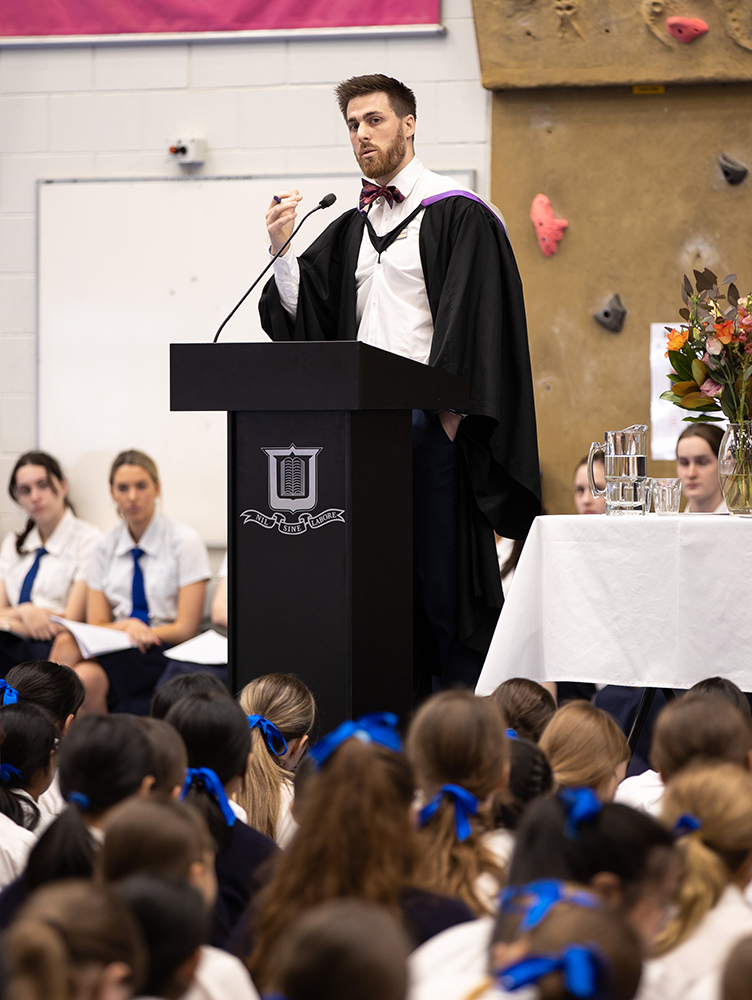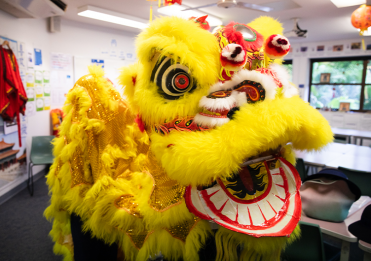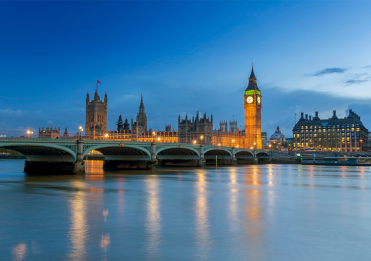Good morning, Principal Euler Welsh, staff, and students. Thank you for the opportunity of allowing me to speak to you all.
If you were to look in your School diaries, visit the School website, or walk past the CLC, you would see our School Intent encouraging our ‘young women to contribute confidently to their world with wisdom, imagination, and integrity’. But how do you do this? How do you make informed and conscious decisions that are rich in wisdom, imagination, and integrity?
As a History Teacher, I truly believe it is vital to know the story of what has been, and not just a single story, not a narrative that is simply written by the victors, but a balanced and nuanced story told from differing perspectives. It is only really through knowing the world and its past that we can make informed and conscious decisions.
Those of you sat in front of me from Year 9 and above, will be familiar with trench warfare, the Western Front, Archduke Franz Ferdinand, and of course the Australian efforts in Gallipoli, from your studies of the First World War. Some of you may also be familiar with the Great War as a bonus track on Taylor Swift’s new Midnights album. But the enduring events of the Great War, which were initiated by an assassination in June 1914, resulted in the deaths of more than 10 million troops and an unknown number of civilians, toppled empires and kings, transformed economies and social structures, eroded traditional religious and moral beliefs, and ultimately led to a new era of anxiety that would lead to another catastrophic global war. Consequently, it is an episode in history that is not easy to forget. But this raises the question of just how it should be remembered and why its subject is of any relevance to those of you here today.
The commemoration of historic events says as much about the present as it does about the past. They reinforce a shared belief in the importance of acknowledging those events, good or bad, which have shaped our world, country, and even our very identities. So, we must think carefully about how and why we should remember the Great War. Commemoration must not be allowed to fall into jingoistic cliches. We must be careful not to degenerate commemorations into mass entertainment, occasions for chauvinism, or mere advertisements for the merits of war. This is not the point of remembering.
Instead, the point, as argued by British historian, Gregory Scarre, is:
- to learn from past mistakes
- to reaffirm some common values, and
- to pay respects to those who died in their country’s service.
But even with these opportunities, we must be careful as they too can be wrought with limitations. You, as Grammar girls, must approach the subject with the aforementioned characteristics of wisdom, imagination, and integrity. This can be done by firstly feeling more connected to the stories of those who experienced the Great War, but also by asking what might appear at times to be difficult questions about the war and how it is commemorated.
One such question might centre on the relationship between freedom and democracy. I think of the example of two Indian brothers who found themselves on different sides of the war. Among those struggling to breathe within the clouds of the first gas attack on the Western Front, is Mir Dast, then an Indian officer assigned to the 57th Rifles Brigade. Gathered around him were the survivors of the gas attack, many of whom were severely weakened by the effects of the chlorine. He and his unit gathered up as many as they could and led them to safety. For this act of extraordinary bravery, Mir Dast received a recommendation for the Victoria Cross, the highest award for valour in the British army.
Now Mir Dast, the military hero, had a brother called Mir Mast who had a different experience of the Great War. Mast, in the same battle where his brother acted so gallantly, deserted, and on a rainy night in March crossed over to German lines. Mast felt strong anti-British and imperialist sentiments. He embarked on a religious jihad and joined a pro-Turkish battalion fighting against the British in what was the old Ottoman Empire. Through his charisma and passion, Mast was able to attract hundreds of other deserters and fought valiantly against the forces to which he had previously served. Similar to his brother, Mir Mast was reported to have been awarded the German Iron Cross, the German medal for valour.
There is a record of both brothers returning from war. Girls, I want you to imagine, just for one moment, their reconciliation at the dinner table—sitting with their mother, ecstatic at their safe arrival—in late 1918. Both brothers war heroes. Both serving countries to whom they were not born. Their stories raise pertinent and perhaps difficult questions. Which brother was actually championing freedom and democracy? Was it Mir Dast who fought against Germany or Mir Mast who fought against colonial Britain? Was it both, depending on whose opinion you asked? This one example epitomises why it is important to fully understand a subject from all perspectives, to approach it with a desire to learn objectively. It is not until we fully understand a situation that we can act with integrity and swear, hand on heart, that we are making wise decisions to learn from past mistakes. Through a deeper understanding, you will be able to contribute confidently about how to build a better world following a catastrophe such as the Great War, or the current crisis in Ukraine, as well as think critically about how these monumental events, even if that is starting by asking difficult questions.
I am aware, that it is sometimes challenging for stories of soldiers from more than 100 years ago, to resonate with us today as we in Australia are luckily so detached from war. So, here is a short story about remembrance from the perspective of a former student of mine who was your age. Back in the UK, I organised World War One battlefield school trips to Belgium and France. We were based in the historic town of Ypres, where Mir Dast performed with such bravery during the first gas attack.
Toward the end of the trip, we went to a place called Thiepval, which is about 30 miles north of Amiens in France. As we got off the bus, I walked the students to a field that was north of the river Somme. We rested where the British front-line trench had once stood—today it is no more than a slightly pronounced continuous mound—but you could still get the sense of where the frontline trench was. So, as all the students squatted down as if sheltering from enemy fire in 1916, I told them a story to set the scene. I spoke about Verdun and the Somme and the day in 1916 that would prove to be the bloodiest in British military history with the deaths of more than 19 000 men and nearly 60 000 casualties.
After I had explained this story, we then ‘went over the top’ as if we were soldiers of this fateful day. As we walked the few hundred metres, we could see the Thiepval Memorial. In the middle is a Stone of Remembrance that looks like a single grave with the words ‘their name liveth forever’. There are similar plaques and cenotaphs in most Australian towns and cities. The memorial represents the names of 72 246 officers and men who lost their lives in the Somme and other battles. As we get to this monolithic memorial, one student, Jake, was silent as he knew his great-grandfather’s name would be written on one of the stones. I gave Jake a wreath of poppies. One of the accompanying teachers, Mr Wallace, was a police trumpeter before being a teacher. He had dressed up in his old Police marching band uniform and played the last post as Jake rested the wreath up against the Stone of Remembrance. This was about paying respect to those who died in their country’s service—but more than this, it was a person who Jake had never met before, but in this moment felt a profound connection to.
Now Jake was a tough kid, he loved judo and rugby, but as you might imagine he found it very emotional. Though not a Grammar student like you, he too showed imagination towards the experiences of his great-grandfather and genuine integrity in the way in which he was able to commemorate him. That image of Jake has stuck with me because I can picture young men like Jake’s great-grandfather, not much older than yourselves, joking around in the trenches and then doing the same walk that we did. Some, like brothers Mir Dast and Mir Mast (if under different circumstances), would return home, but many others would not. So many Australians did not return, in fact, none of the bodies of the fallen Australian soldiers, except one, Commander Bridges, left Europe. This is why so many from Australia fly thousands of miles to the fields of Belgium and France to pay their respects to those who died in their country’s service, much like Jake did.
These are only two of the thousands of stories people around the world have of the Great War. Of family who served, lives changed, loved ones lost. And they too, are why we pause and remember on a day like today—because by doing so, as a collective, we reinforce the core values we hold most important to us—respect, honour, and integrity.
We should continue to commemorate the First World War and share their stories to:
- learn from past mistakes
- reaffirm common core values
- pay our respects to those who gave up their lives in the name of service.
But we should be careful with this. Remembering is a morally significant act—it must not be allowed to fall into jingoistic cliches or an occasion for chauvinism. As Grammar girls, I encourage you to seek out stories from the Great War so that you can learn about this significant, world-changing event, and its many repercussions. Why? So that when you walk through the white picket fence for the last time as a student, you can contribute to making our world more just—with wisdom, imagination, and integrity—knowing that to truly achieve this goal, we must first think critically about where we have come from.
Thank you very much.
Their name liveth for evermore.
Lest we forget.

Mr Moffat delivering his Remembrance Day Address




